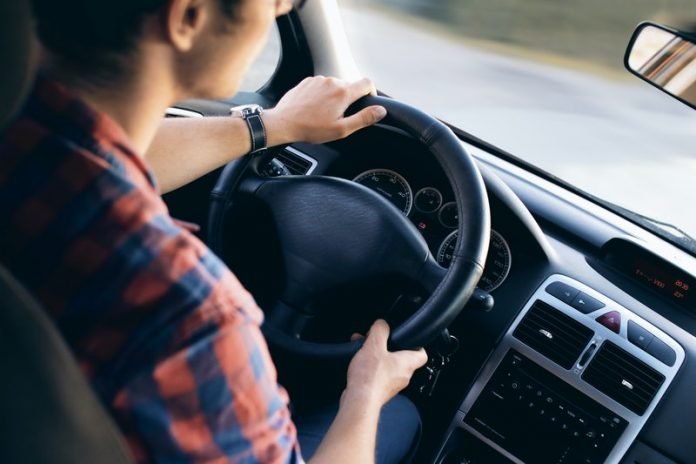
In a new study from Aston University, researchers found that the inside of our cars has significantly higher levels of germs on them than the average toilet.
The researchers took samples from car interiors with varied ownership histories, to establish bacterial contamination levels within the vehicles and to highlight how thoroughly people clean their cars.
They found that motorists should be cleaning the inside of their cars more frequently, with harmful bacteria likely to be discovered in most cars out on the road today.
In particular, they found that the car boot plays host to very high levels of bacteria, with E.coli likely to be found in every boot and potentially on your driver’s seat.
More commonly known as fecal bacteria, the findings pose a clear concern for anyone that puts their fruit and vegetables in the boot after a trip to the shops or enjoys a drive-thru dinner in the driver’s seat.
Other areas tested included the gearstick, dashboard and backseat which also saw higher levels of bacterial contamination than is found on the average domestic toilet.
Bacteria found included Pseudomonas, a bacterium with strains that can’t easily be treated with antibiotics and Staph Aureus, a germ associated with coughs and sneezes that in some cases is linked to MRSA.
The researchers identified the filthiest areas of a car:
- Boot—1,425 bacteria identified
- Driver’s seat—649 bacteria identified
- Gearstick—407 bacteria identified
- Back seat—323 bacteria identified
- Dashboard—317 bacteria identified
- Steering wheel—146 bacteria identified.
There was also a correlation discovered between the age of a car, and the levels of bacteria likely to be found within it.
The older cars sampled for the study exhibited higher bacteria loads than those that have been on the road for a shorter amount of time.
However, the researchers found that out of all areas of our cars, the steering wheel was generally found to be the cleanest.
This high-contact area saw very low levels of bacterial contamination and could be due to the uplift in hand sanitiser use following the COVID-19 pandemic.
These results highlight that people should change how they think about their cars and cleanliness.
If you care about Covid, please read studies that Cannabis CBD may help protect against COVID-19, and CBD from cannabis may inhibit COVID-19 infection.
For more information about Covid, please see recent studies about wearable air sampler that could detect personal exposure to coronavirus, and results showing two paths toward ‘super immunity’ to COVID-19.
The study was conducted by Dr. Jonathan Cox et al.
Copyright © 2022 Knowridge Science Report. All rights reserved.



